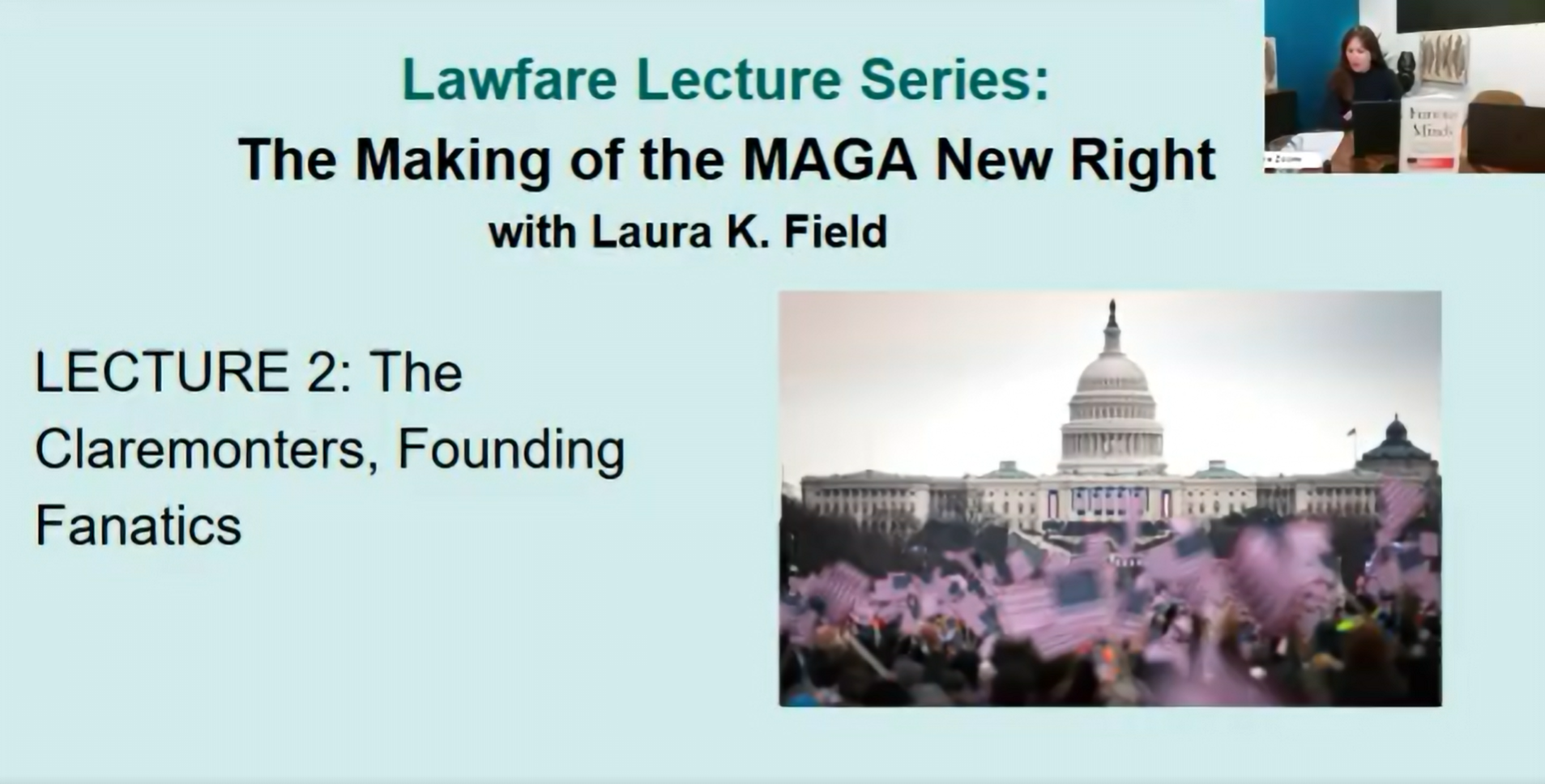Thoughts on Collusion and Its Interactions with Crime
Over on our new Foreign Policy feed, we have posted our inaugural column, which opens:
Published by The Lawfare Institute
in Cooperation With

Over on our new Foreign Policy feed, we have posted our inaugural column, which opens:
Over the past couple of weeks, the prevailing meme among some Donald Trump-defending reporters and commentators has shifted in a subtle but important way. For months, such folks have hewed to the line that no evidence had yet surfaced of “collusion” between the Trump campaign and Russian efforts to interfere with the 2016 U.S. presidential election. Now, they say, collusion wouldn’t be such a big deal if it did occur — certainly not illegal.
Take Fox News. In discussing a reported grand jury investigation, Brit Hume confidently declared: “But what crime? Can anybody identify the crime? Collusion, while obviously it would be alarming and highly inappropriate for the Trump campaign, of which there is no evidence by the way, of colluding with the Russians. It’s not a crime.”
Sean Hannity made a similar point: "What was the collusion? That maybe somebody in the Trump campaign talked to somebody in Russia because Russia supposedly had the information that Hillary Clinton had destroyed on her server when she committed a felony and tried to cover up her crimes? And that they might say as a Trump campaign representative, “Wow, you have that? Tell the American people the truth. Let them see it themselves, release it.” Is that a crime, to say “release it”? To show the truth?"
Earlier, Gregg Jarrett took to the network to assert the same: “Collusion is not a crime. Only in antitrust law. You can collude all you want with a foreign government in an election. There is no such statute.”
There are two important points to make about this new conservative argument. The first is that it seems to have conveniently appeared only a few days before the emergence of some actual evidence of collusion — the first such evidence we have seen so far. The second is that the argument actually has some legal merit — though whether it’s legally correct depends on facts yet to surface.






